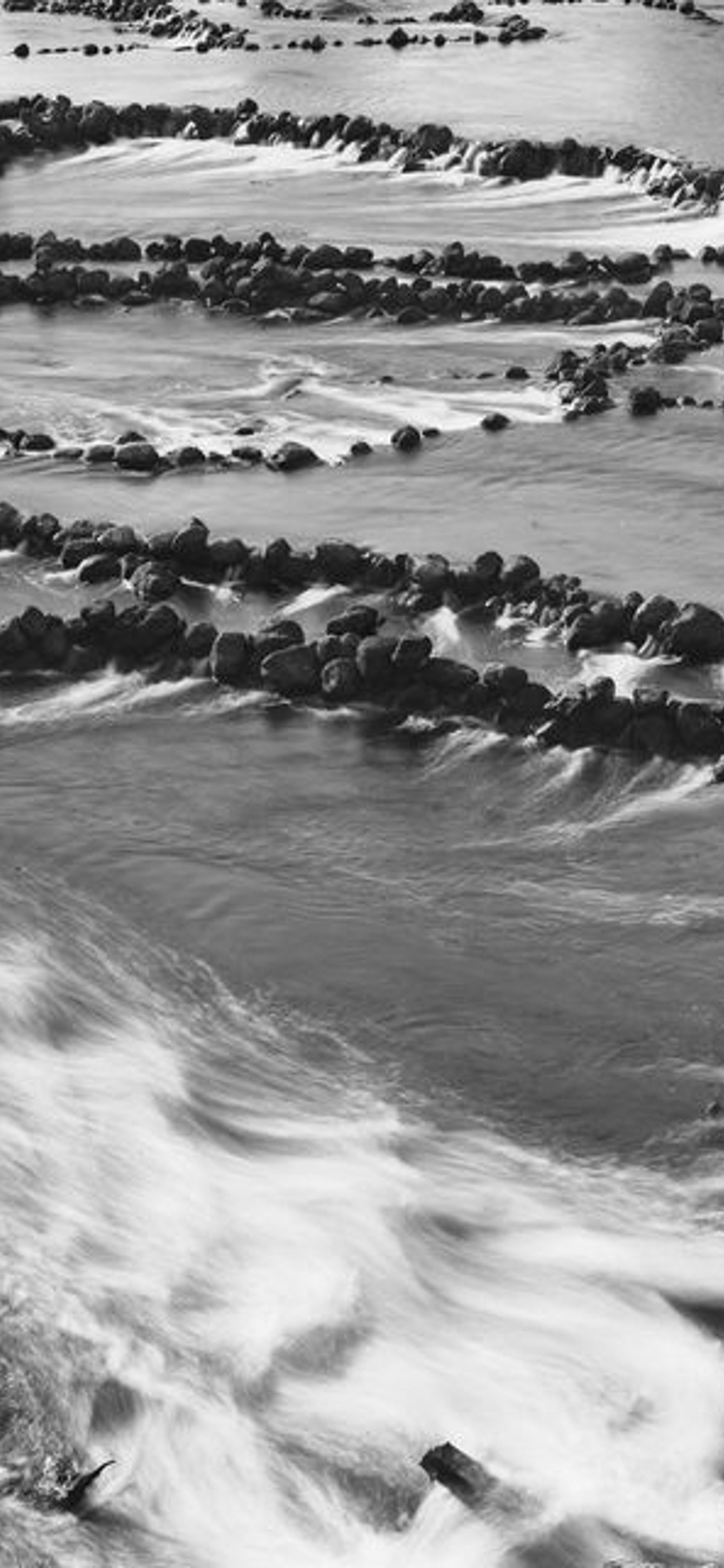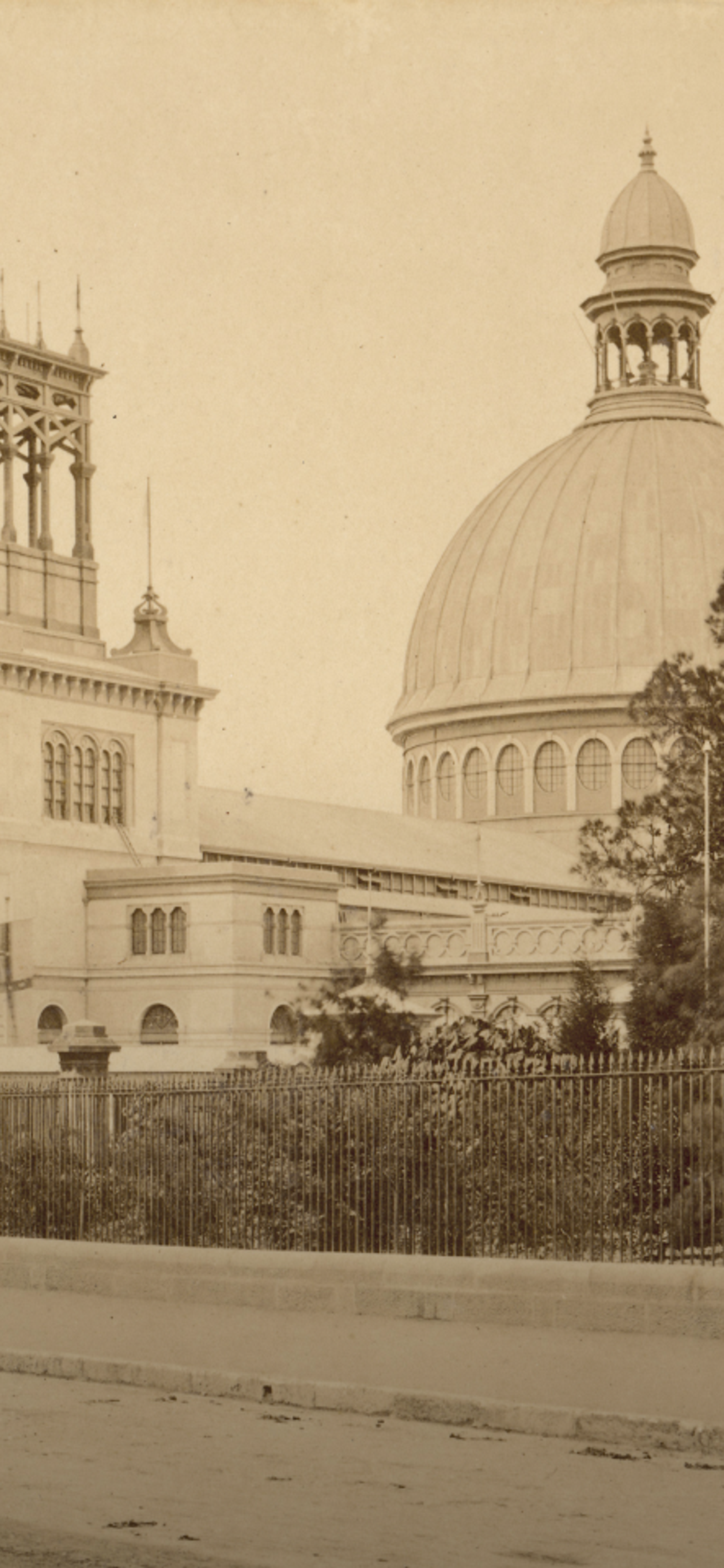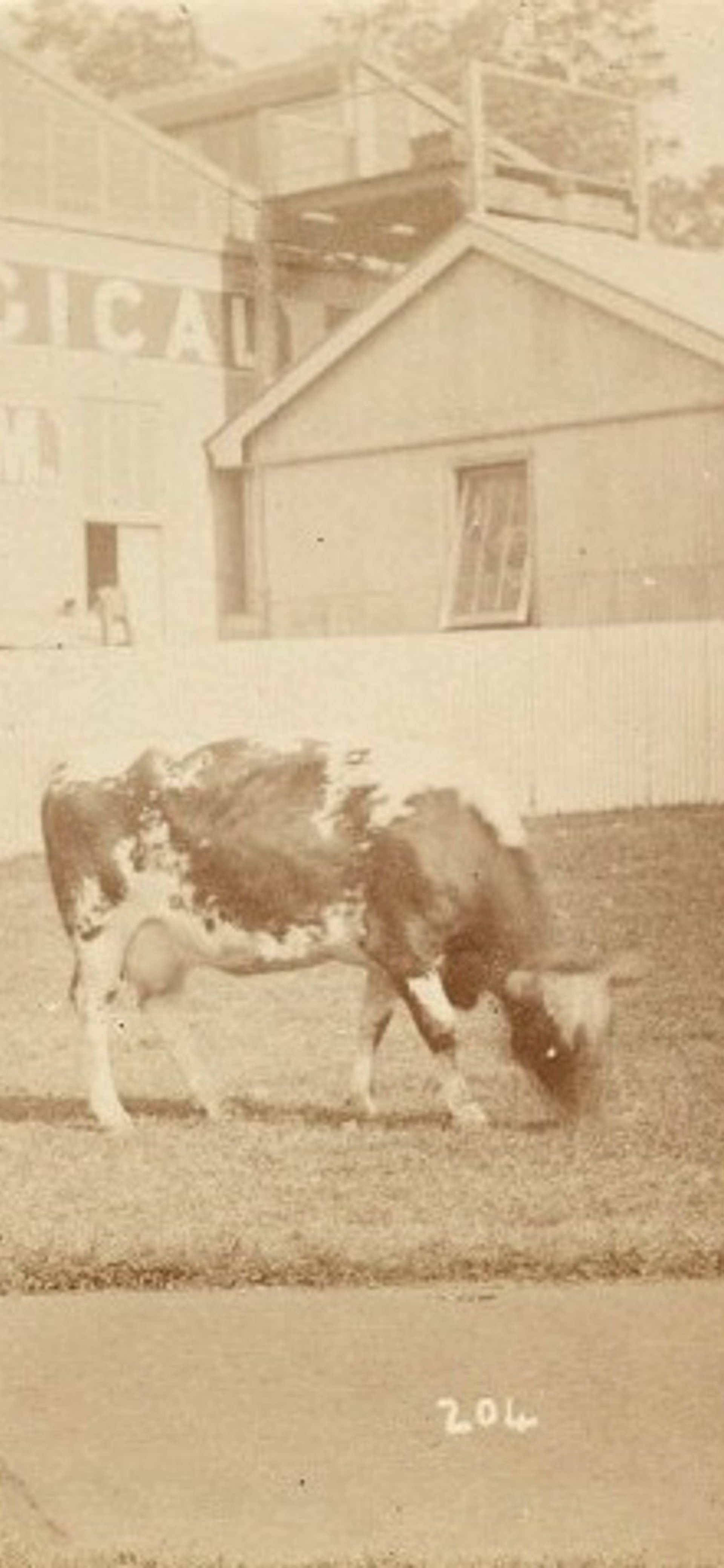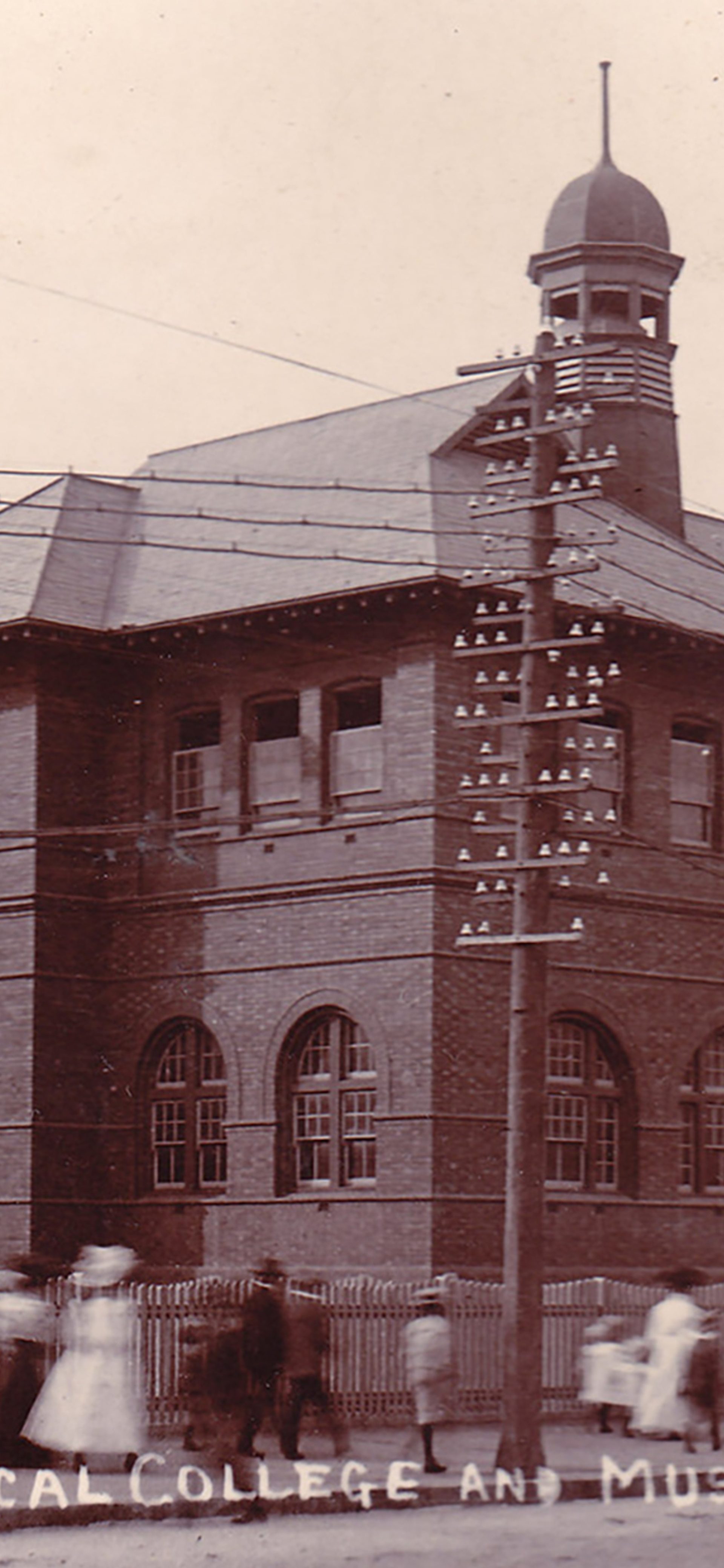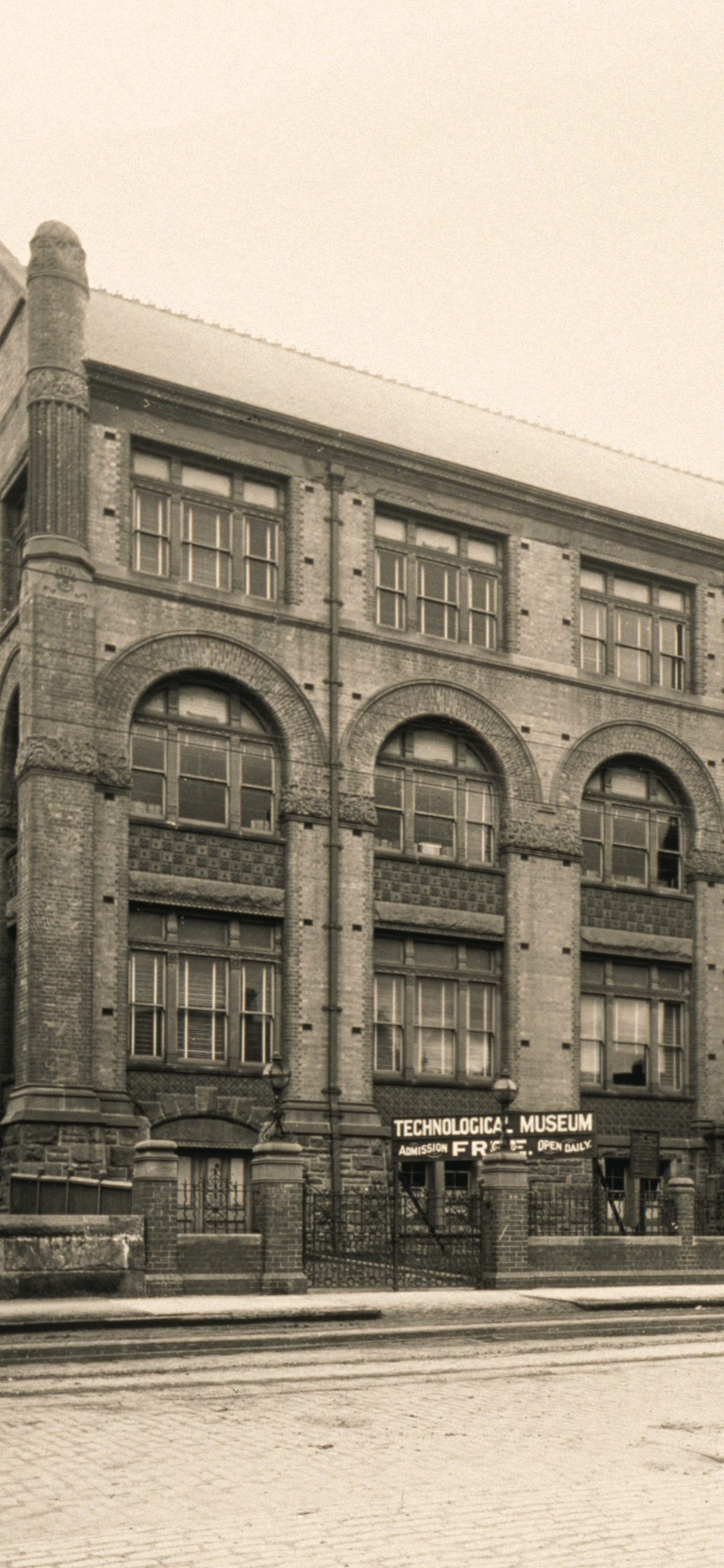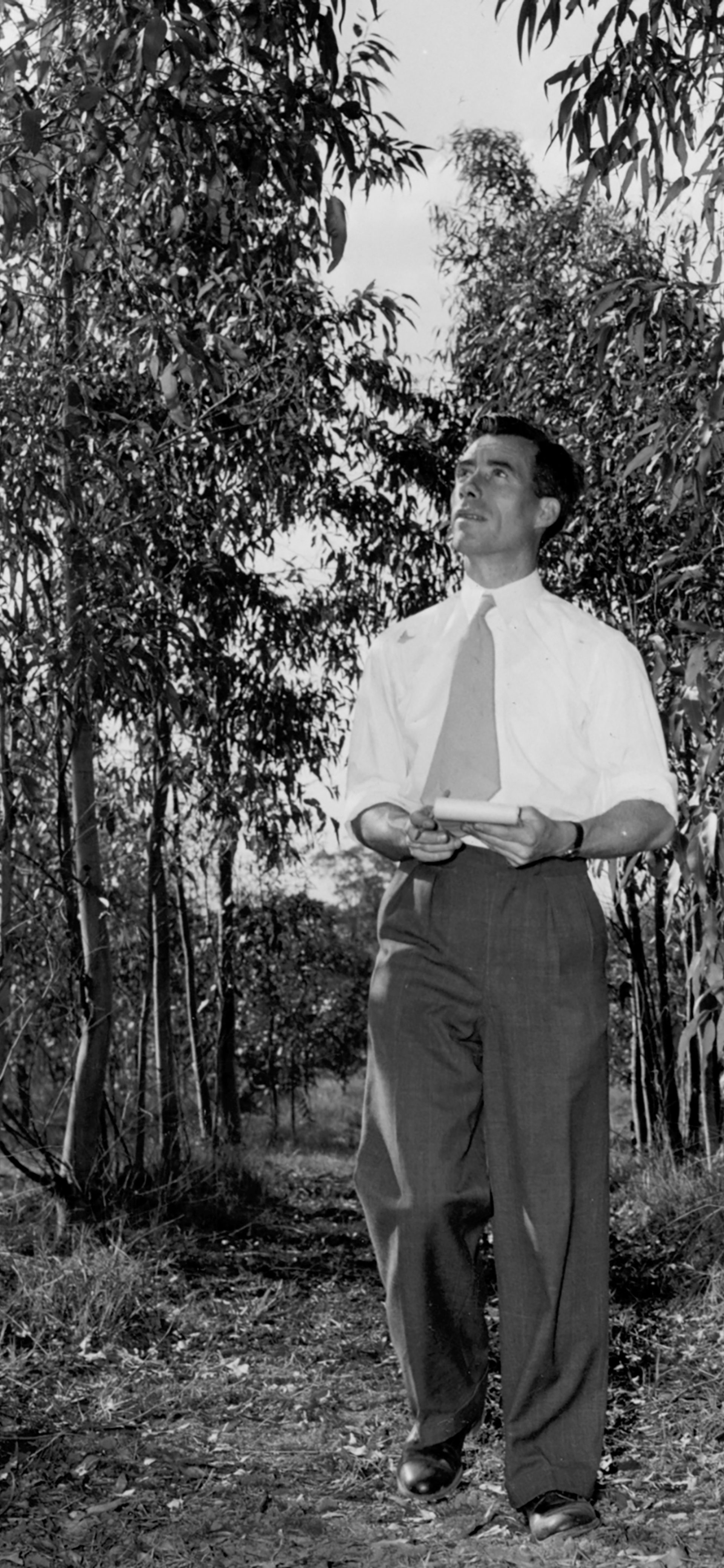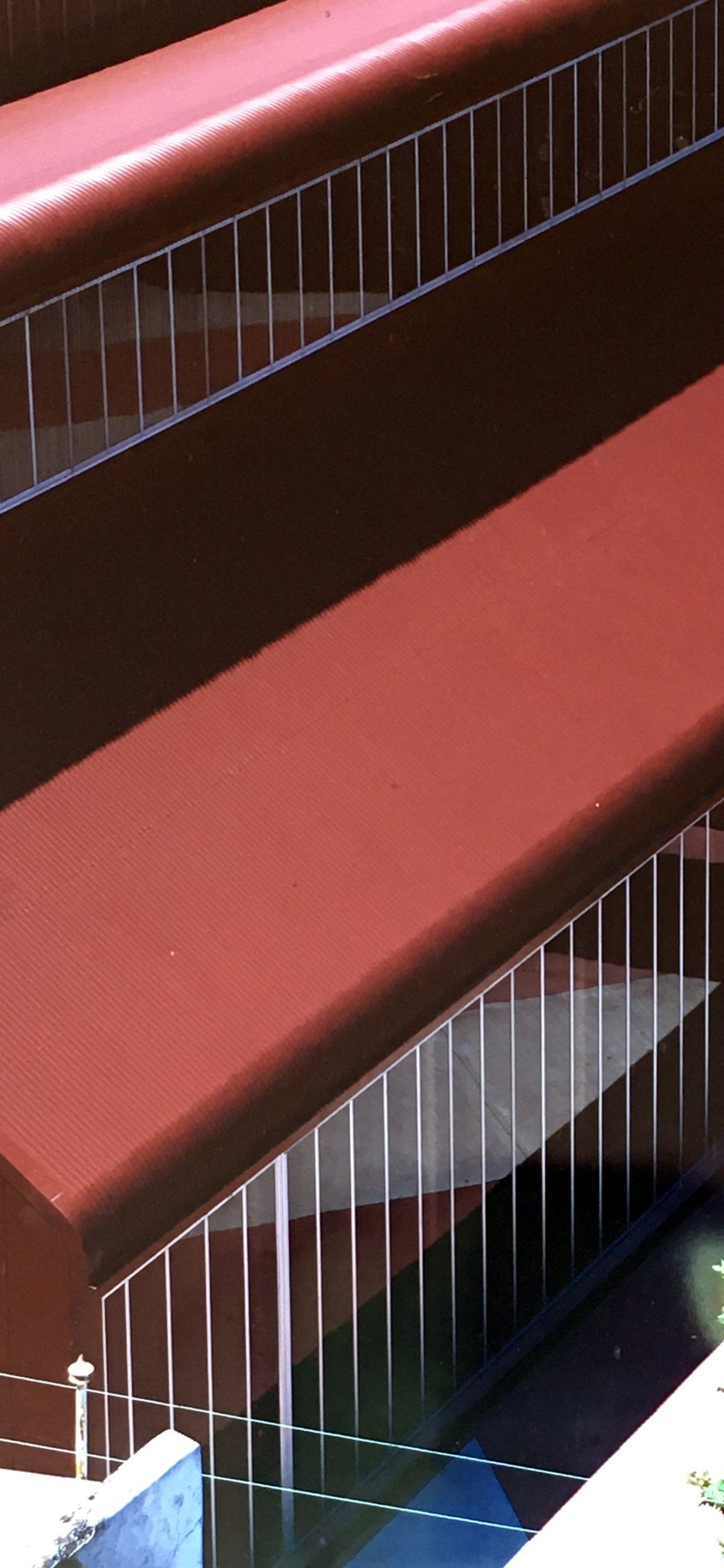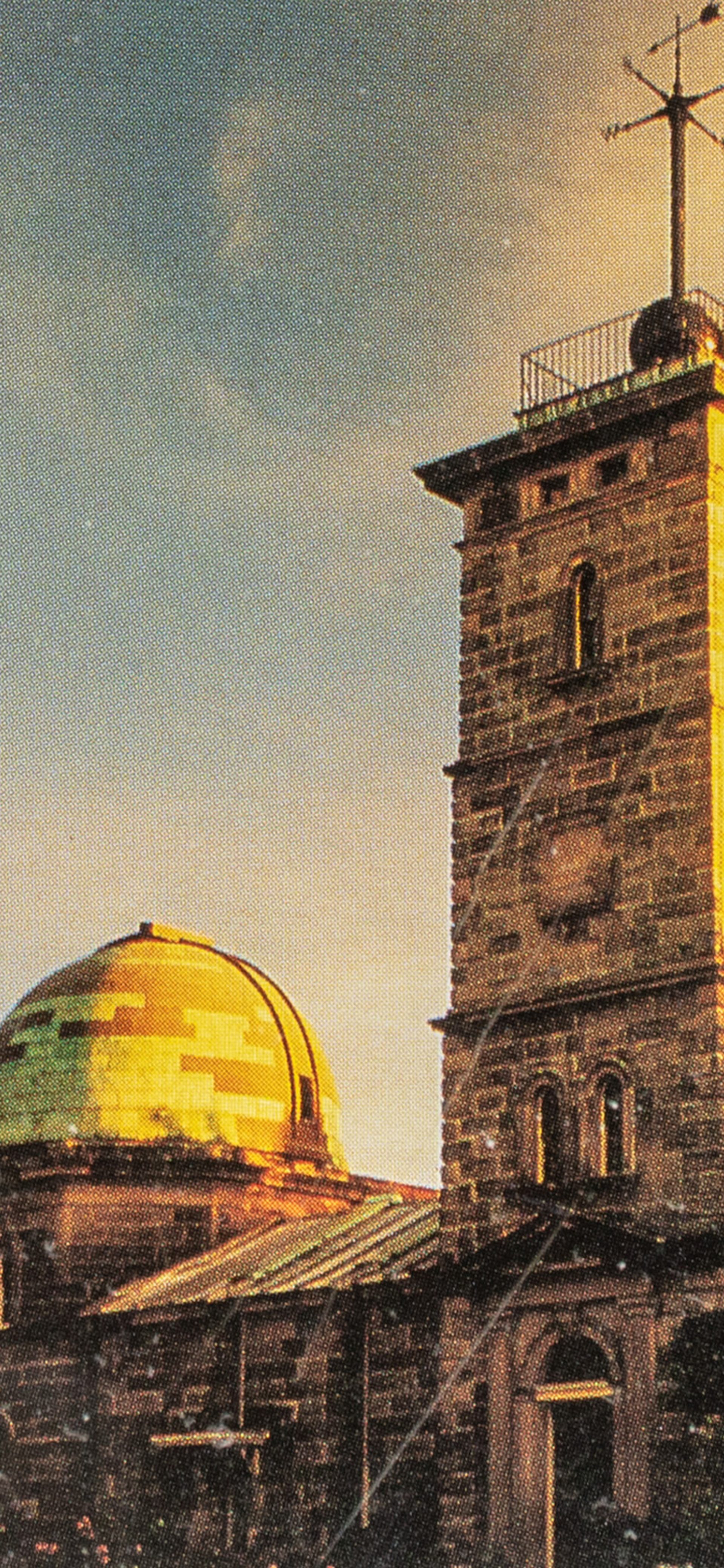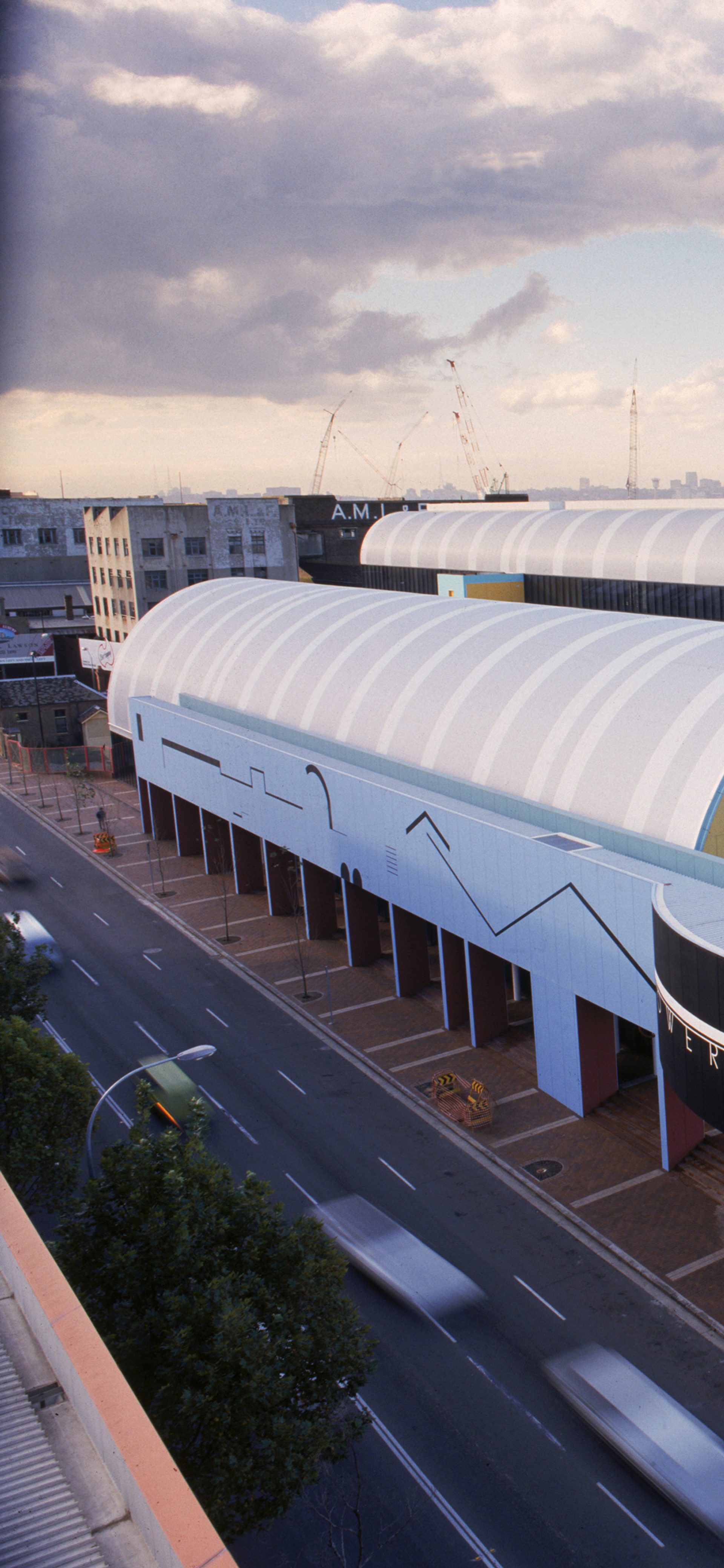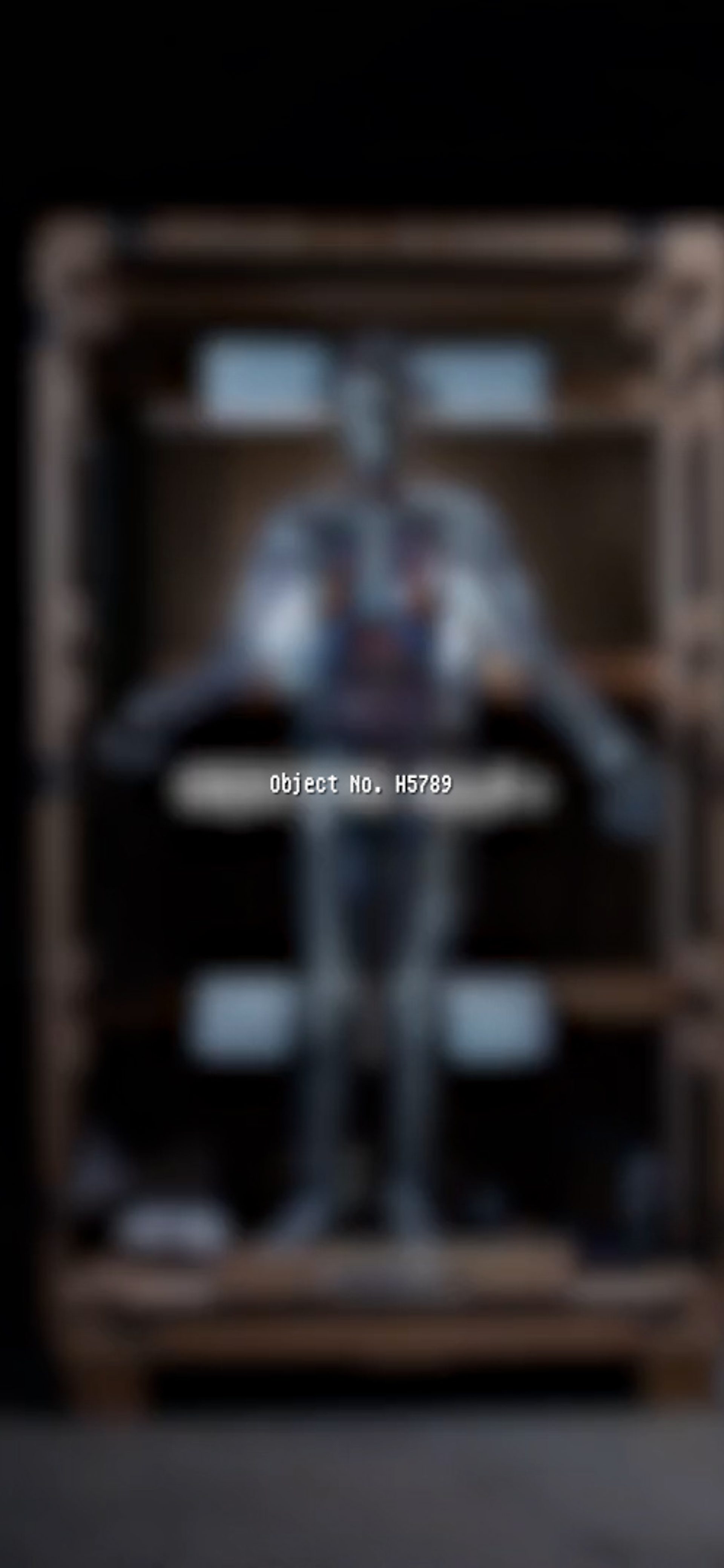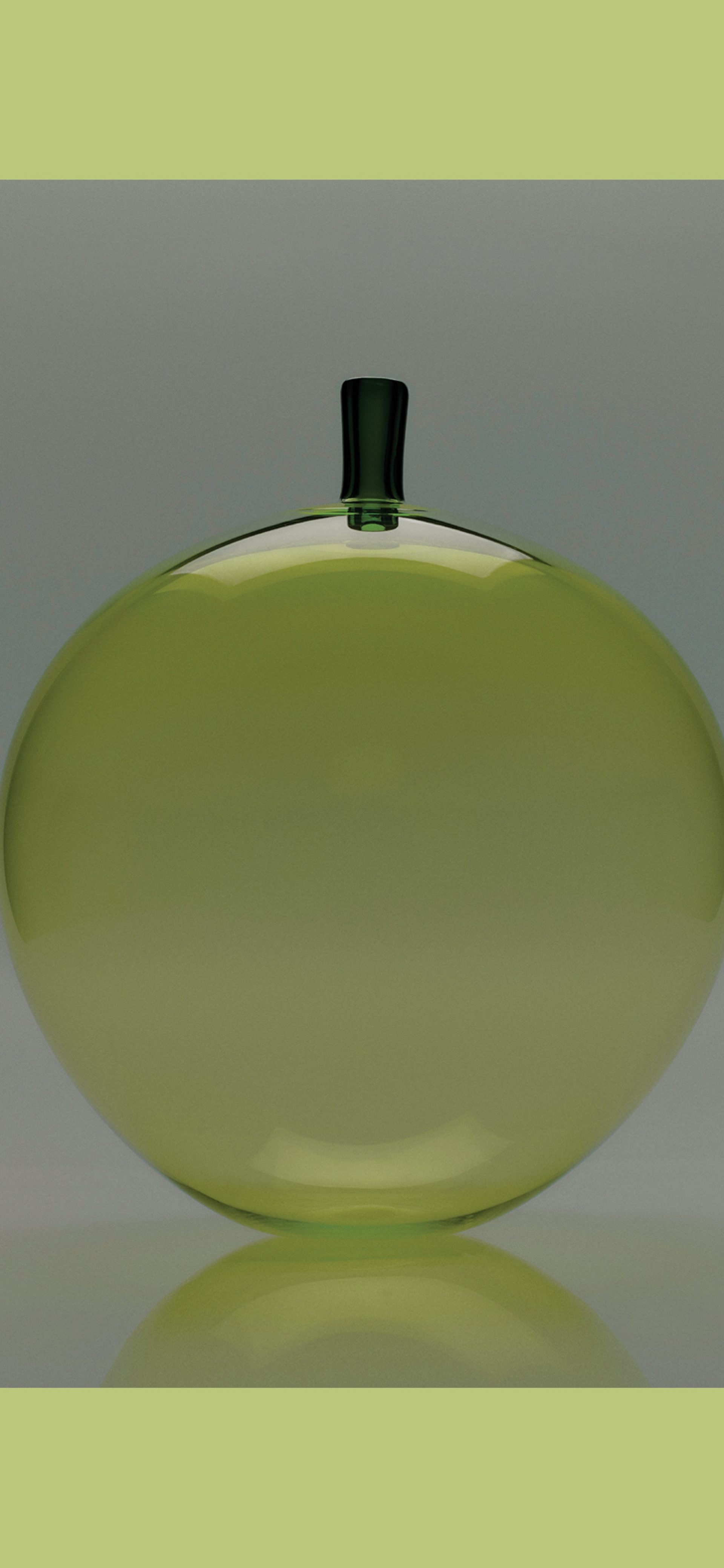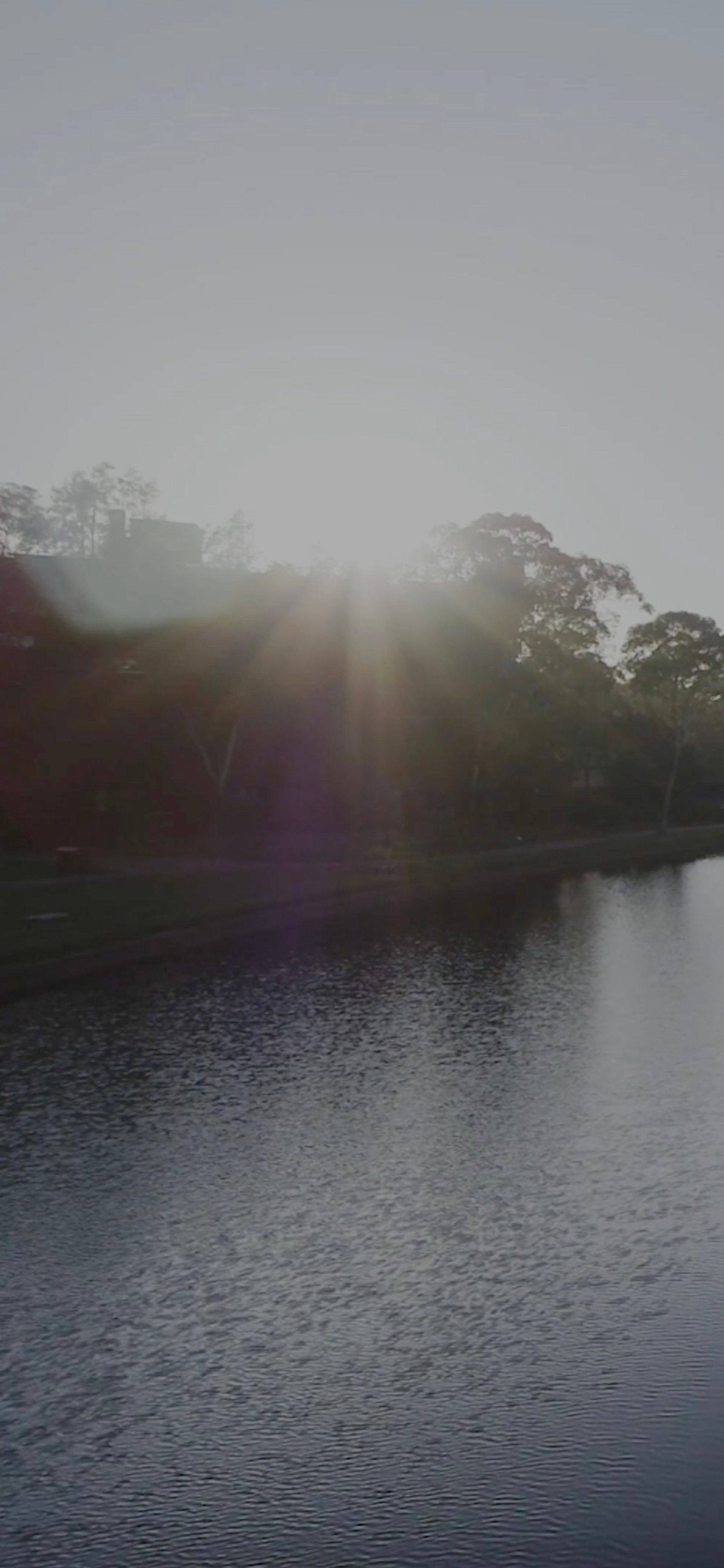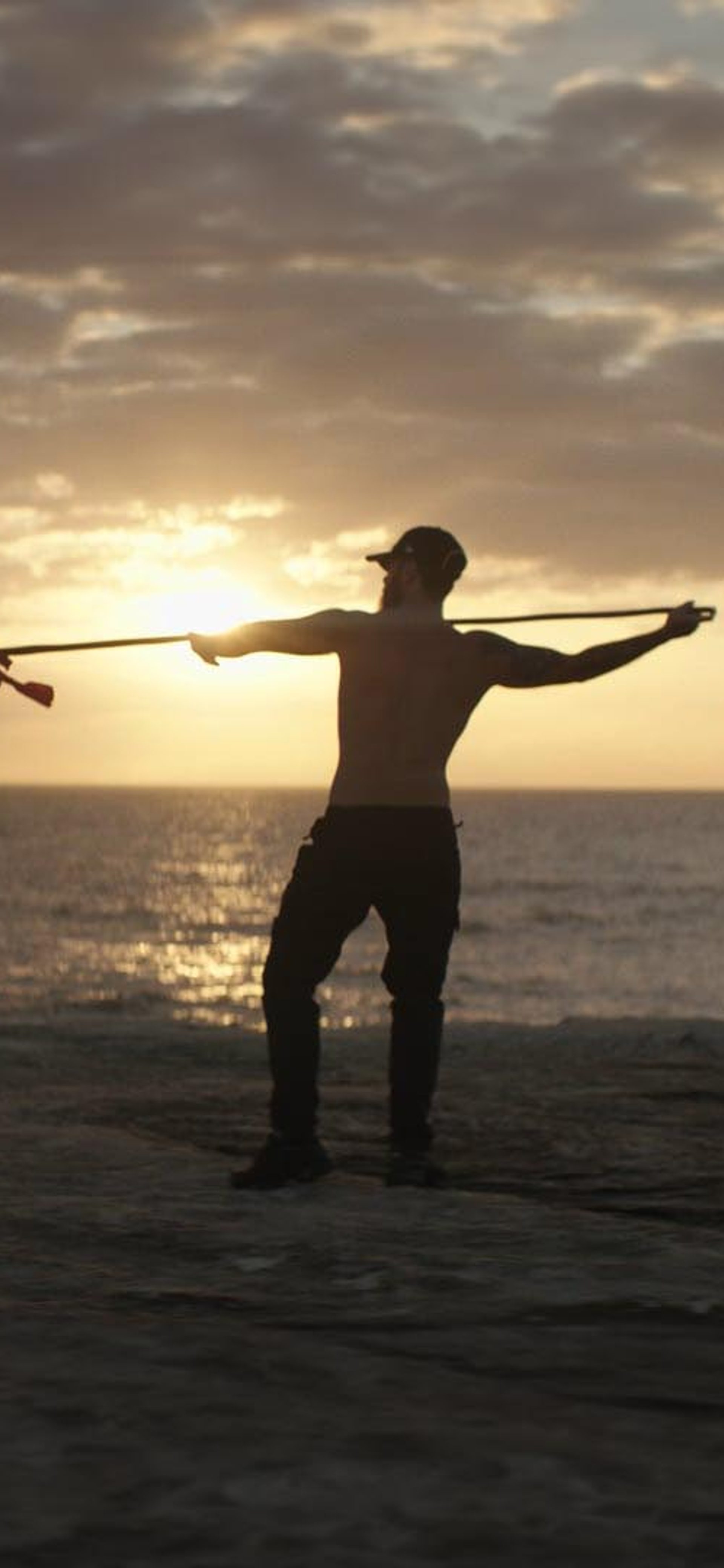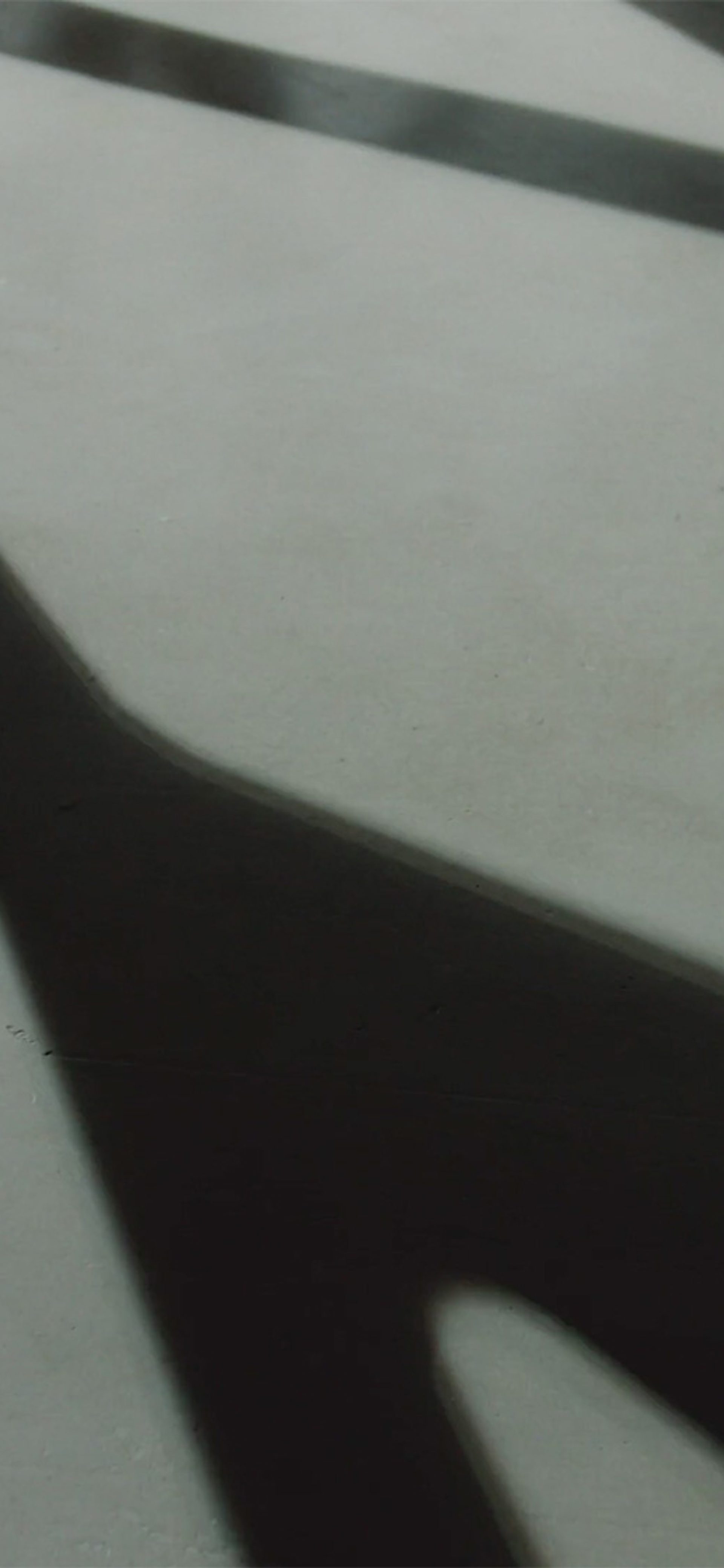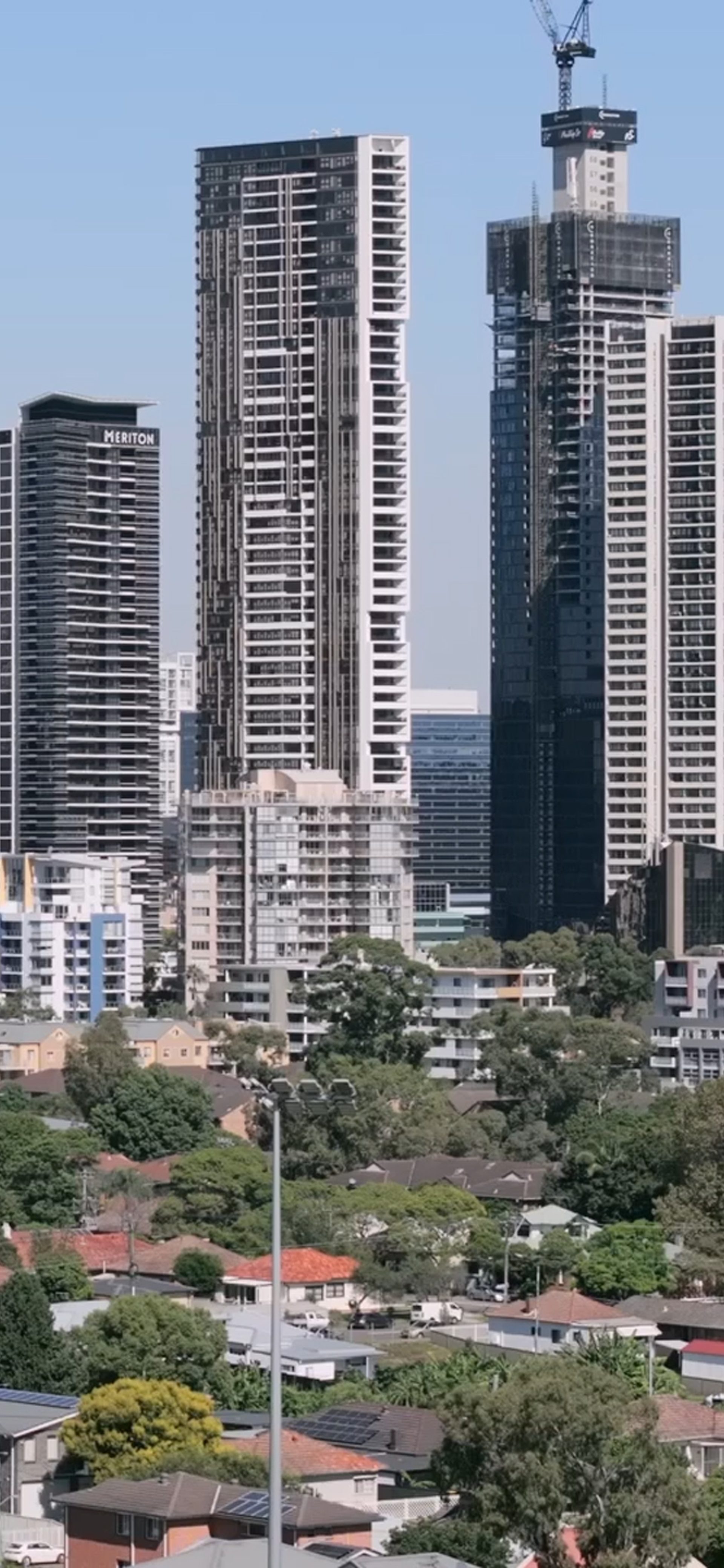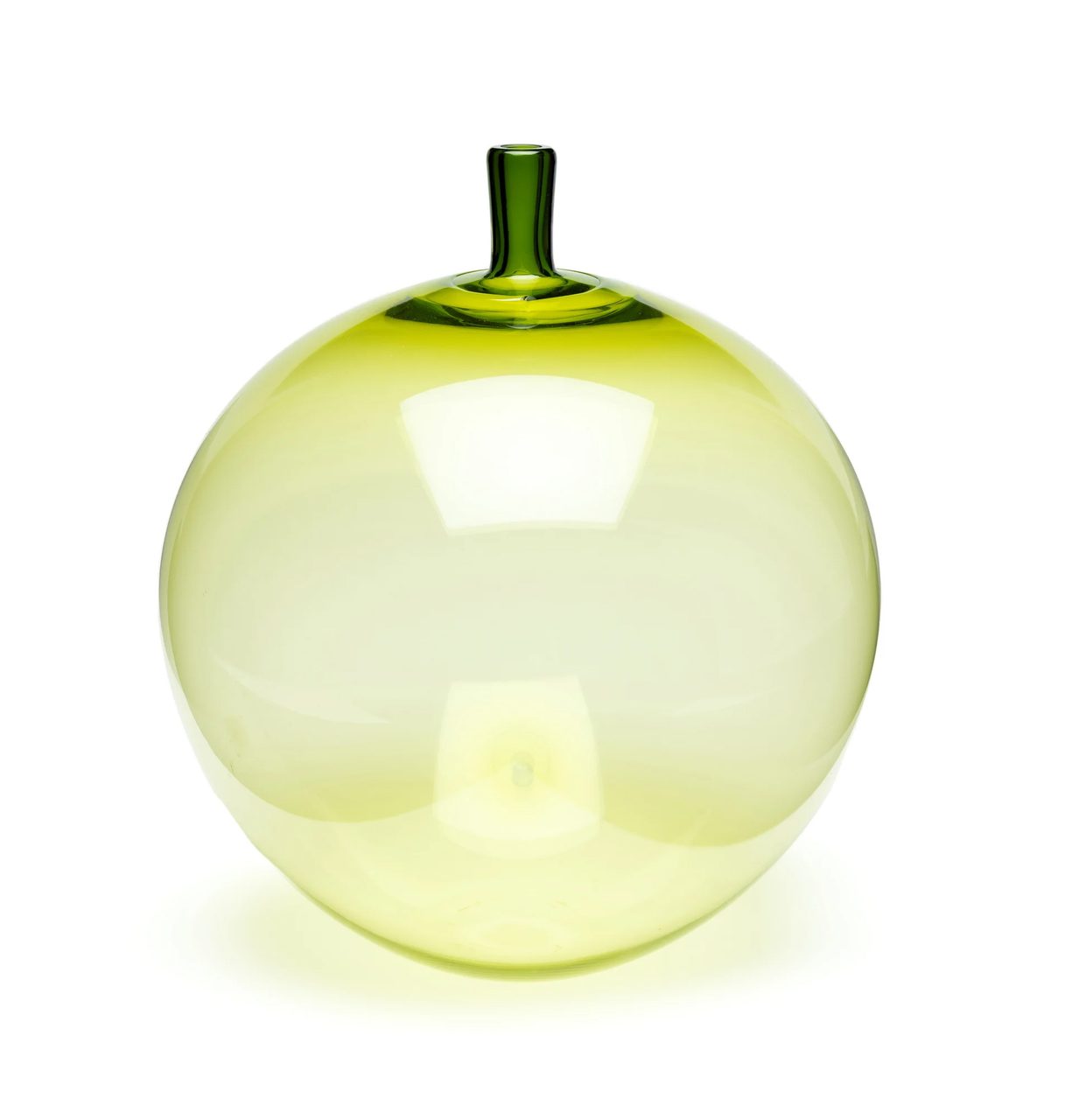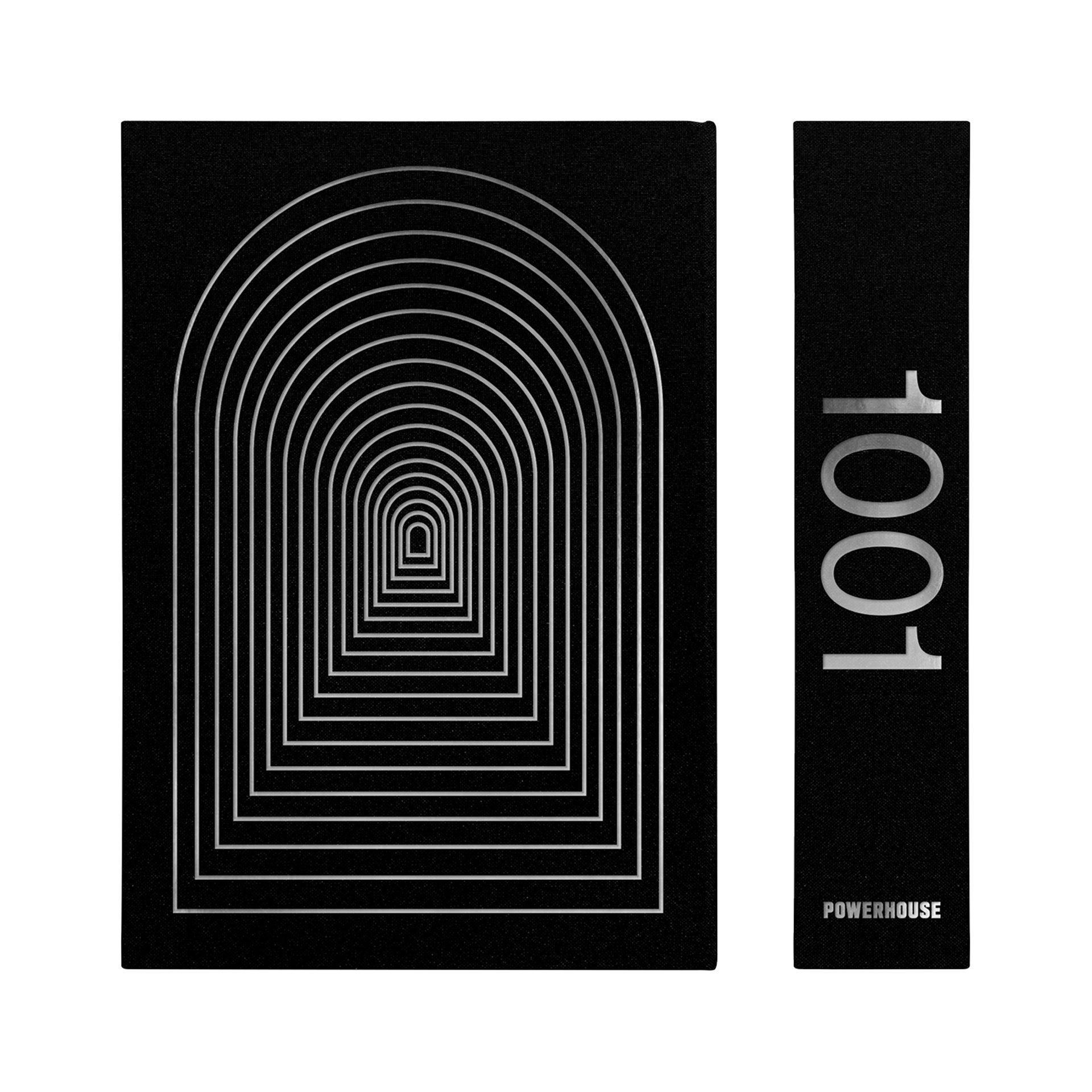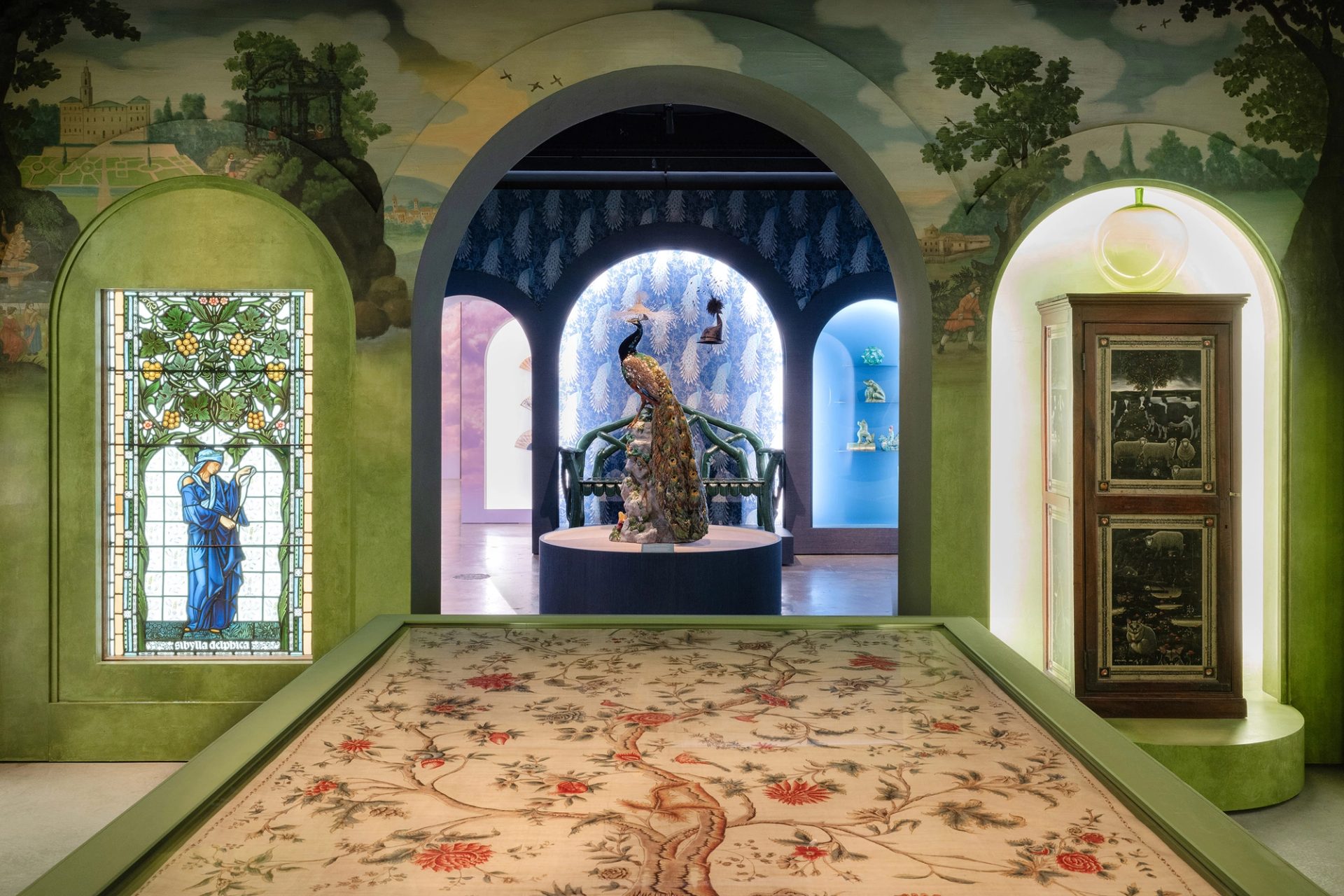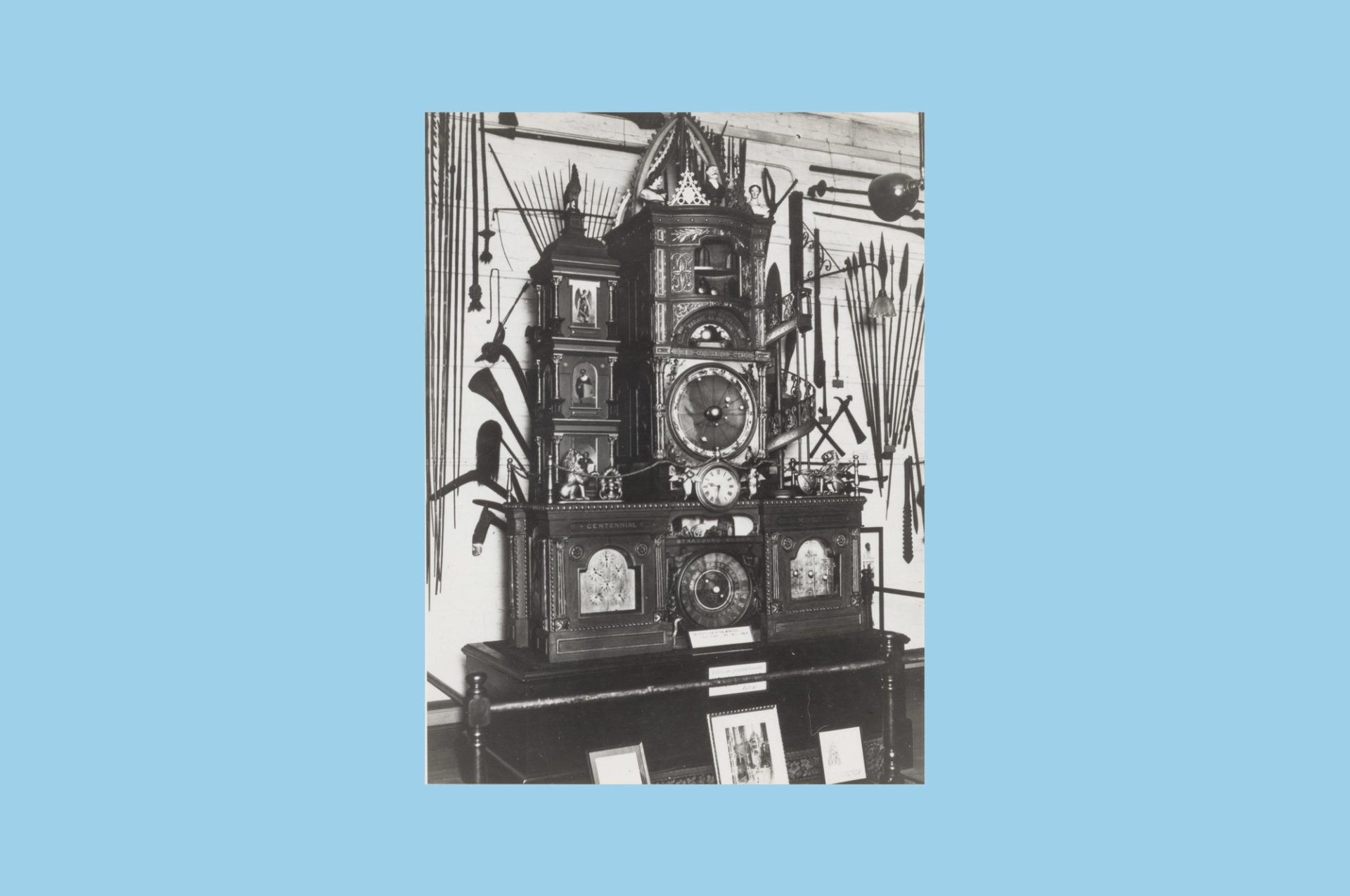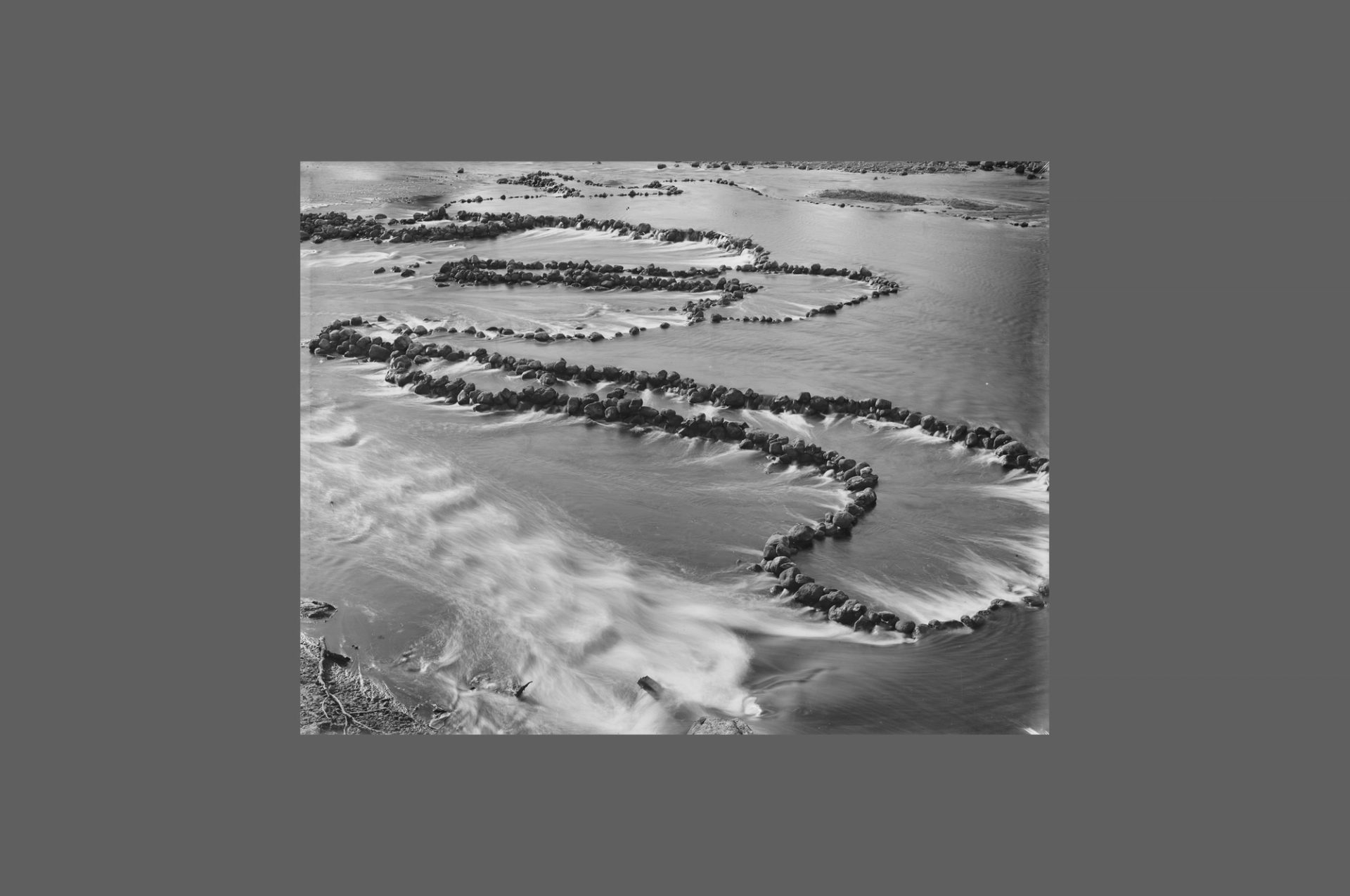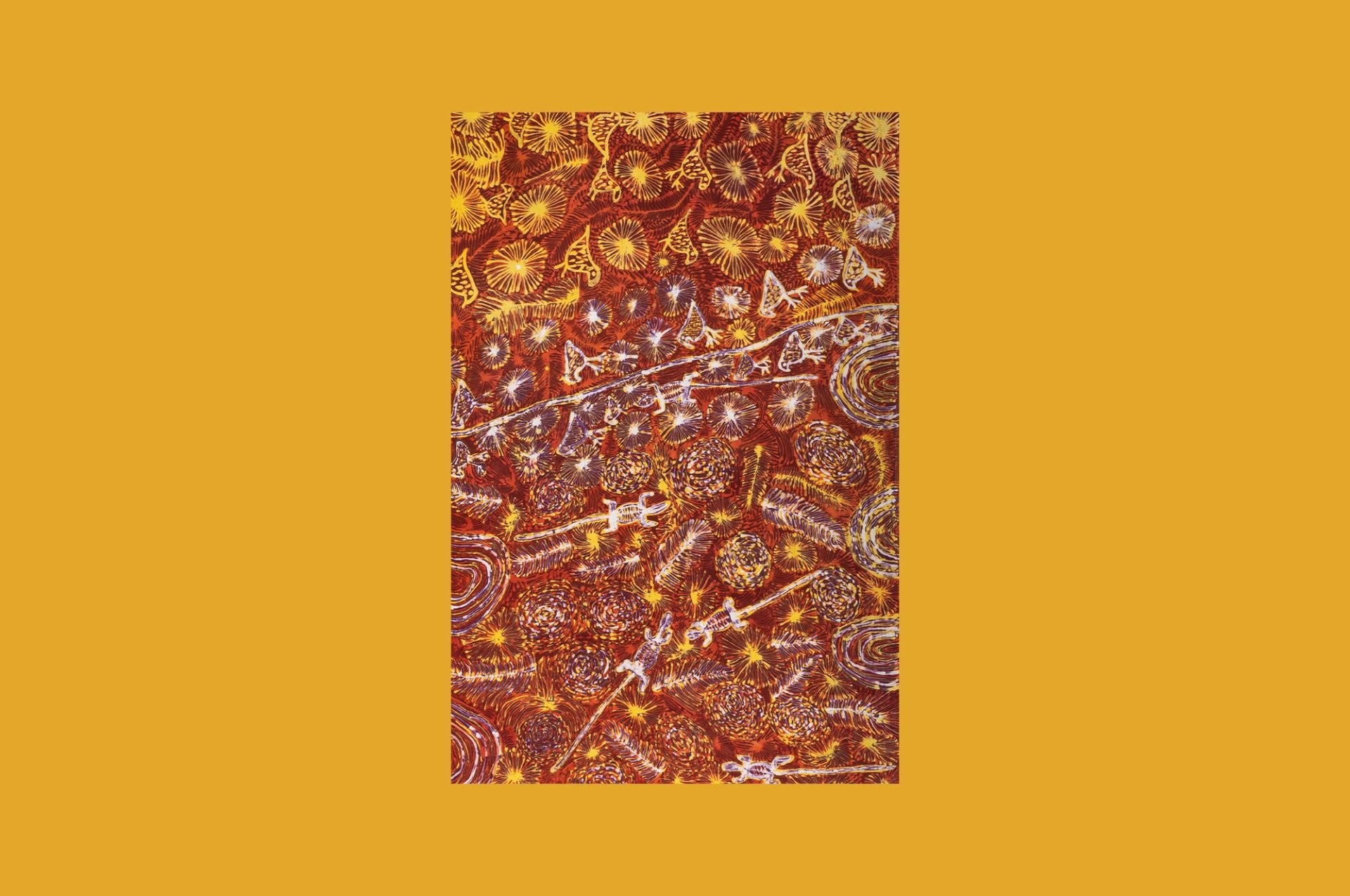The Glass Apple

My mother was not beautiful.
I am not being unkind. It is just a fact. I guess you could say she was plain. Small. A shadow in the room.
You would probably not have noticed her on the street, on the bus, or sitting in the park. She blended into the walls, the chair, even the very air it seemed.
But there was a brief time when that changed and my mother radiated pure light and everything and everyone was drawn to her – including me. Suddenly she was real. Seen. And I would wait for her to come home, my eyes on the door, and she would enter the flat so gracefully, almost floating, and when her eyes found mine I was hit with such a bolt of joy that I could not stay still. Even the TV could not win against her presence then. Especially when she smiled at me.
She would go and change out of her uniform and return in a cotton floral dress, her feet bare, and she would turn on the radio in the kitchen and she would take my hands in hers, and we would dance together on the linoleum floor, spinning and twirling until I was dizzy.
My mother was in love. It lit her up from the inside and her grey eyes glowed bright in the sunlight.
***
It was 1960 and I was in my last year of primary school. It was the year that my mother took a job at David Jones in the city, as a sales assistant in the homewares department because my father said we could do with the money. It was the year that I would have my own key, and come home to find our flat empty. I would put my school bag down and make myself a sandwich with white bread and margarine and jam. Then I would sit down in the lounge and turn on the TV to watch the afternoon programs.
Time was a black hole until my mother came through the door.
